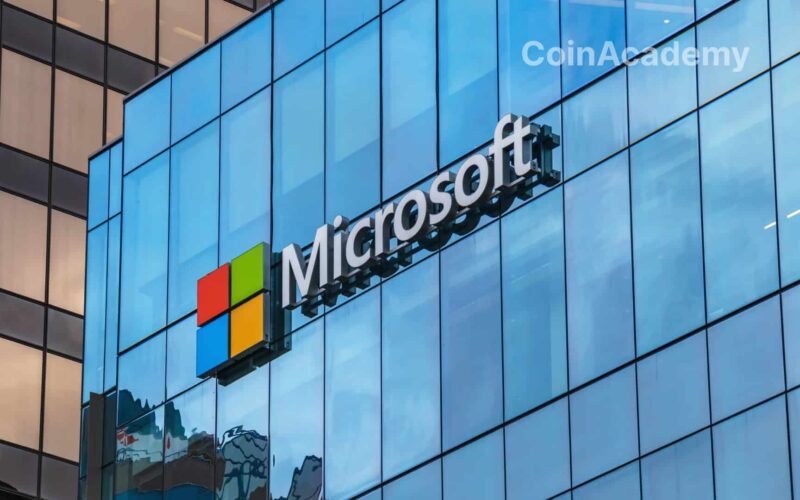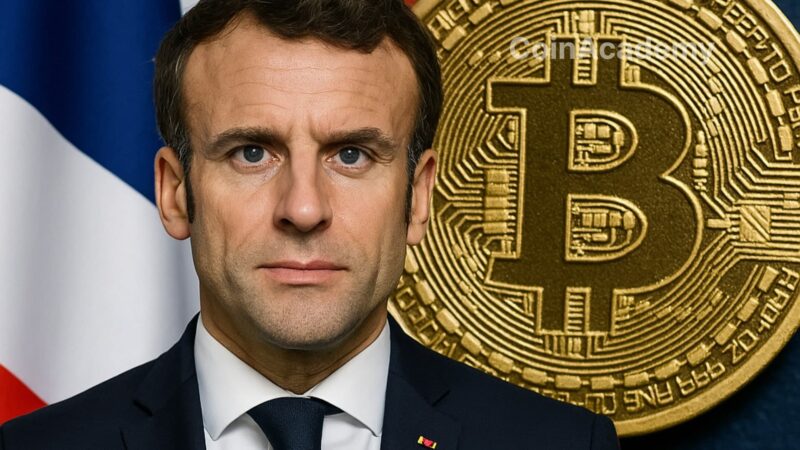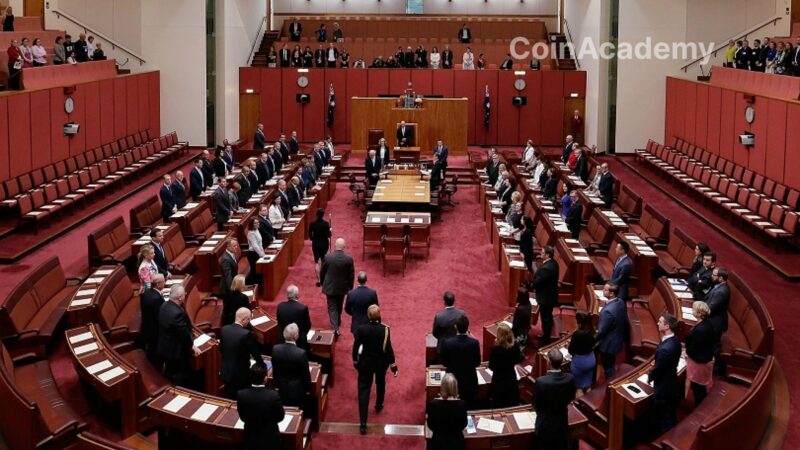Microsoft, Tencent, and 16 other major players in the Web2 industry have teamed up with ConsenSys to enhance the decentralization of the Infura network.
These partnerships aim to reduce centralization on the Infura network to avoid disruptions in Web3 applications, including the popular wallet provider MetaMask.
The Decentralized Infura Network (DIN), scheduled to launch in the fourth quarter, offers a solution to Infura’s centralization problem, which is currently controlled by ConsenSys.
In a significant move towards decentralizing blockchain infrastructure, Microsoft, Tencent, and 16 other Web2 giants have joined forces with blockchain software titan Consensys. This collaboration focuses on the Infura network, a crucial gateway to Ethereum for a large portion of the DeFi sector. The Decentralized Infura Network (DIN), set to launch before the end of the year, aims to address the centralization issues associated with Infura, ensuring more robust and censorship-resistant access to Ethereum.
Improving Reliability and Censorship Resistance
The partnerships are primarily driven by the need to increase network decentralization, which is crucial in preventing outages of Web3 services, including the MetaMask wallet service. The Decentralized Infura Network will address the issue of a single point of failure by diversifying network control away from ConsenSys alone.
One of the key features of DIN is “failover support” for Ethereum and Polygon networks, ensuring higher availability rates by rerouting traffic to one or more DIN partners in the event of a failure. This functionality will significantly improve network reliability and make it more resistant to centralized attacks or legal actions.
The Road Ahead for Infura and its Partners
Currently in its “federated phase“, DIN involves Infura and its 18 partners working as equal collaborators in a centralized configuration. This phase serves as a trial period before transitioning to a decentralized governance structure. The group of partners is not closed, welcoming other reliable internet infrastructure providers to join the DIN. In the future, DIN is envisioned to be governed as a DAO, ensuring democratic participation of all partners in network decisions.




